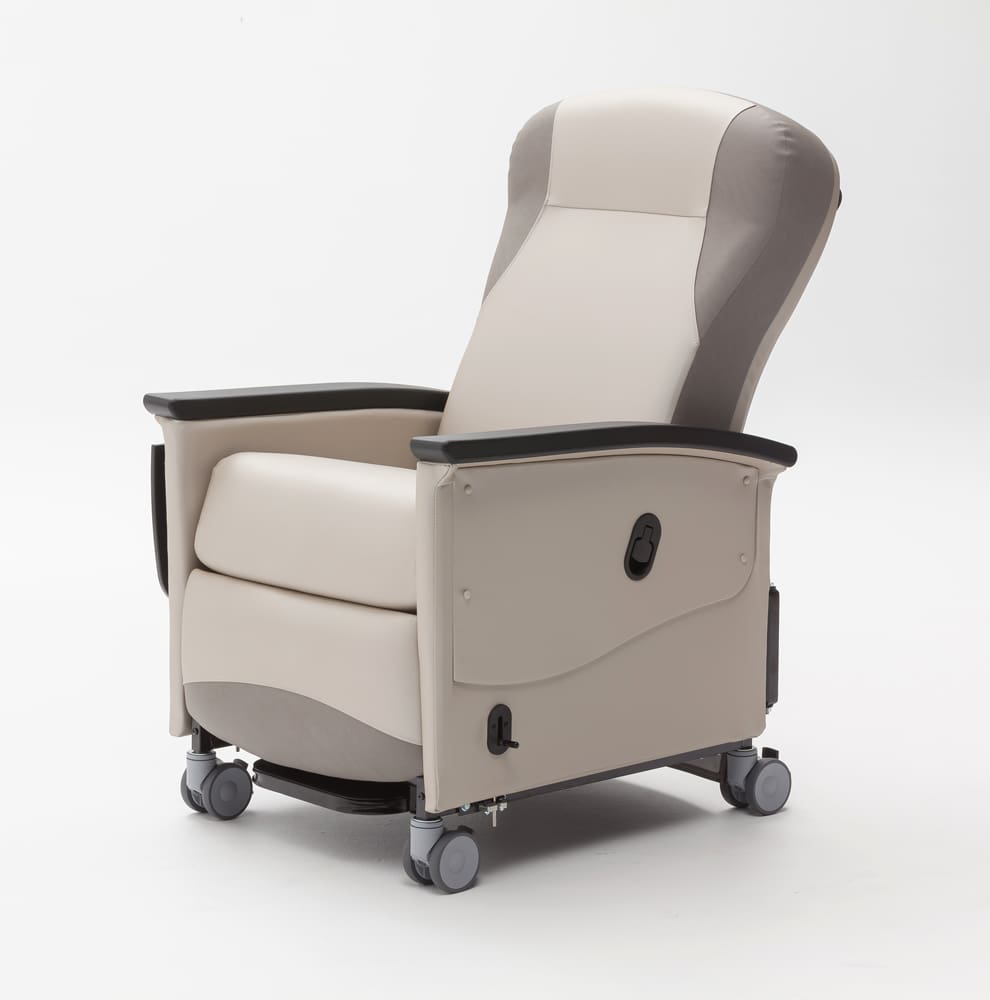More about moral pitfalls
“Conscience, legalism, and the clash of rights” provided an excellent discussion of some of the ethical and moral pitfalls facing nurses and others in the health professions.
Dr. Leah Curtin mentioned that even the military in time of war makes accommodation for conscientious objectors. That is true, but the timing of one’s declaration of conscientious objector is key. Using World War I as an example, one could not suddenly claim conscientious objector status after the order came to go over the top of the trench and begin an attack. One had to start the process as soon as the induction notice was received, or even before. And being recognized as a conscientious objector was no guarantee of a free ride. Some ended up as stretcher-bearers or in ambulance units — not manning weapons, but certainly involved in military action that placed them at risk of injury and death.
My point is that nurses and other health professionals should try to anticipate ethical and moral pitfalls and help develop institutional policies that protect the individual provider before the clinical situation occurs. Standing up for one’s moral or ethical principles can be very lonely. Far better to have had advance discussions in the setting of the biomedical ethics committee that lay out the issues and outlined acceptable individual and institutional responses.
Fortunately, not all of us come face to face with our most serious moral dilemmas. From 1996 to 1998, I was commander of the Army hospital at Fort Leavenworth, Kansas. We were responsible for the medical care on the United States Disciplinary Barracks — the military’s highest-level prison, the only one with a death row. In addition to staffing a health clinic inside the walls, and having a small prison ward in the hospital, we were responsible for the administration of the lethal cocktail then used in executions. That was in direct conflict with the tenets of my personal faith and general medical ethics. However, as the hospital commander, I also felt it would be ethically and morally wrong to order any of my subordinates to administer the drugs. I privately resolved that if an execution were scheduled, I would administer the drugs myself, rather than order any of my physicians, nurses, or medics to do so.
Fortunately, the situation never came up. The military has not executed any death row prisoner since 1961.
— Cloyd Gatrell, MD, Colonel, Medical Corps, United States Army, Retired.















